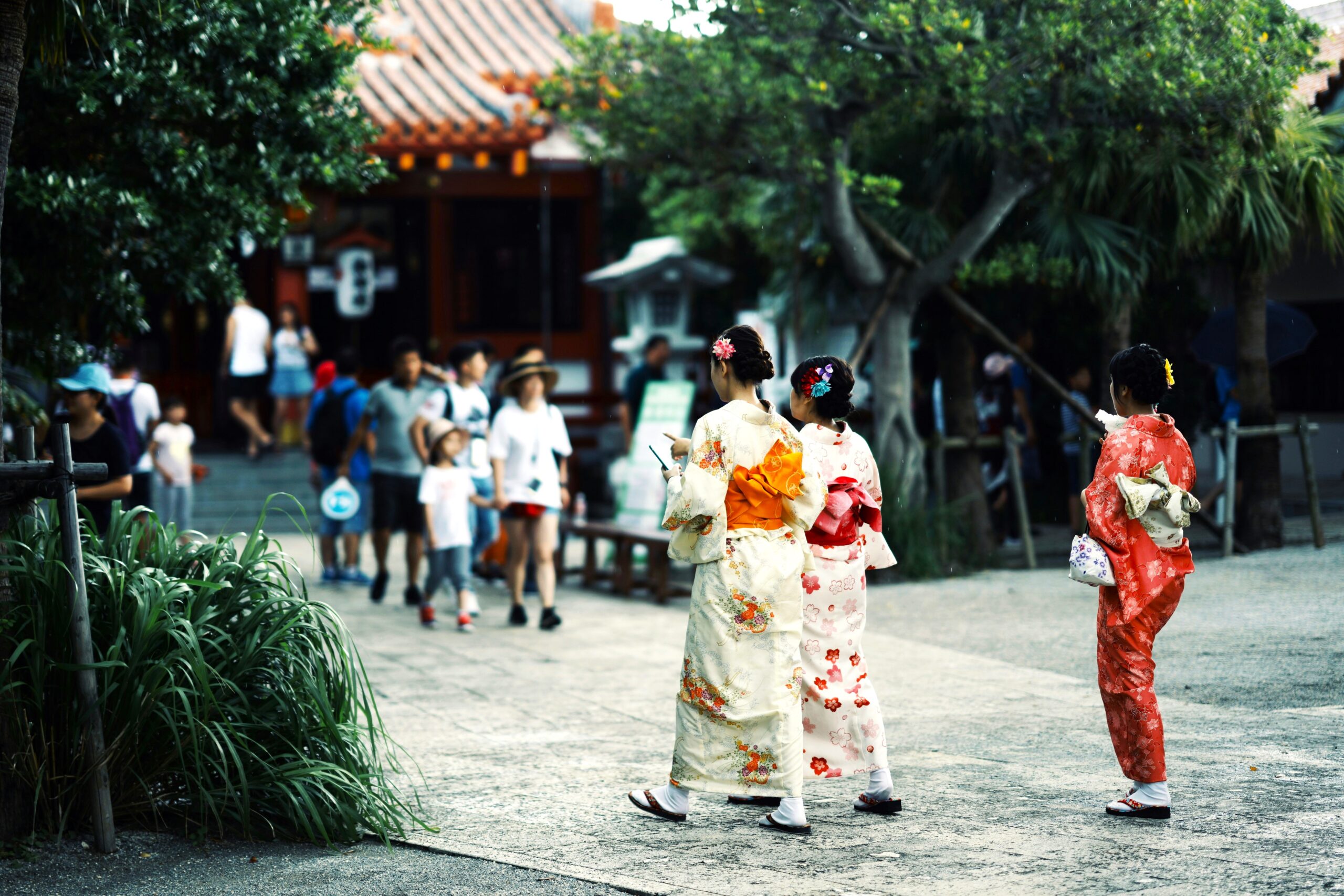Planning a trip to Japan? Fantastic choice! This country overflows with rich culture, breathtaking landscapes, and incredible food. This guide shares 10 incredibly useful phrases that will help you enjoy a comfortable, memorable, and fun experience, especially if it’s your first time visiting.
Learning these simple phrases will smooth out your communication with locals and help you dive deeper into Japanese culture.
1. Konnichiwa (こんにちは)
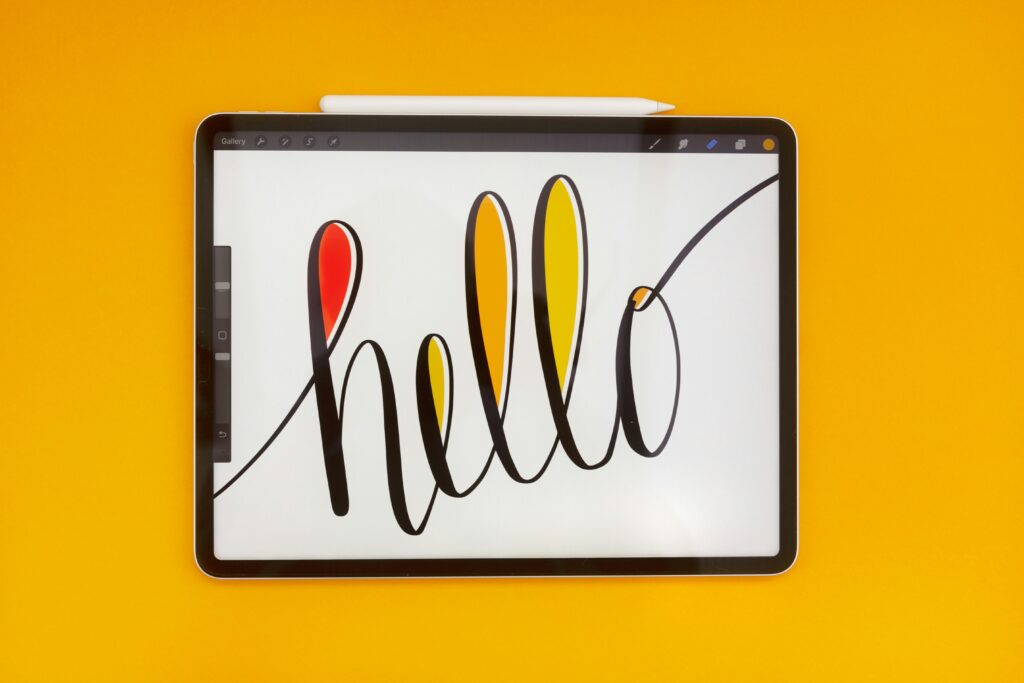
- Meaning: Hello / Good afternoon
- How to use it: This is the most basic greeting. Use it any time of day when you meet someone. Try saying it with a smile when you enter a shop or pass by someone.
2. Arigatou (ありがとう)

- Meaning: Thank you
- How to use it: Use this to express gratitude. You can use it in any situation where you want to say thanks, like when someone helps you or when you receive an item at a shop. Adding “gozaimasu” to make it “Arigatou gozaimasu (ありがとうございます)” makes it a more polite expression.
3. Sumimasen (すみません)
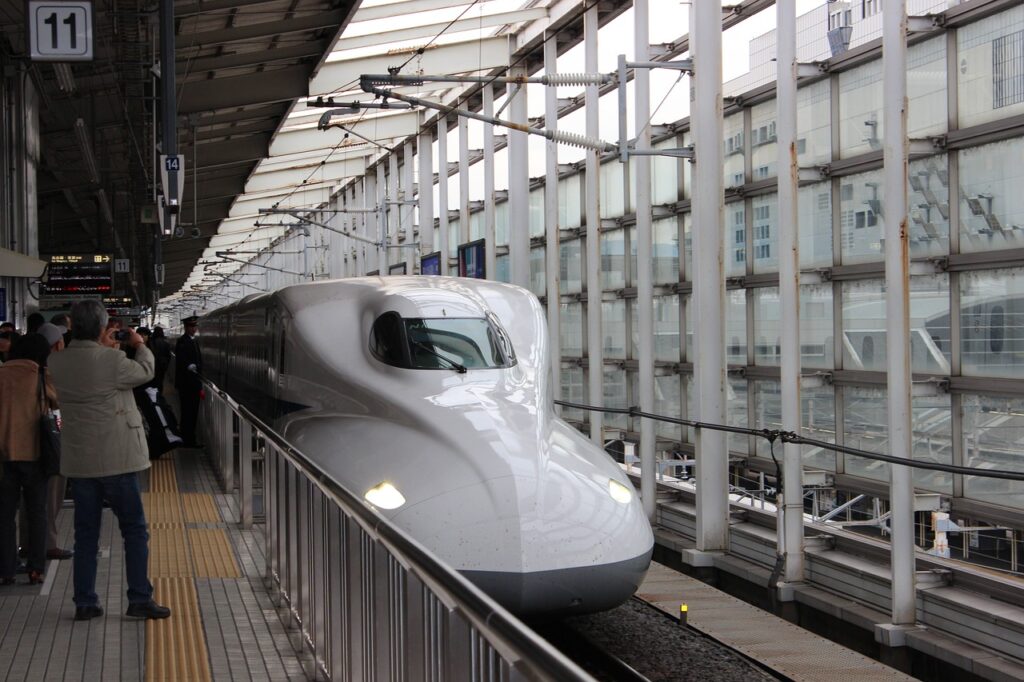
- Meaning: Excuse me / I’m sorry / Pardon me…
- How to use it: This is one of the most versatile phrases in Japanese!
- Say “I’m sorry” if you accidentally bump into someone.
- Use it to get a staff member’s attention, like saying “Excuse me” in a store.
- When asking for directions, you can start with “Sumimasen, chotto okagai shitemo ii desu ka?” (Excuse me, may I ask you something?).
- It can even convey a slight sense of gratitude (e.g., “Sumimasen, arigatou gozaimasu” when someone goes out of their way for you). It’s useful in many different situations.
4. Onegai shimasu (お願いします)
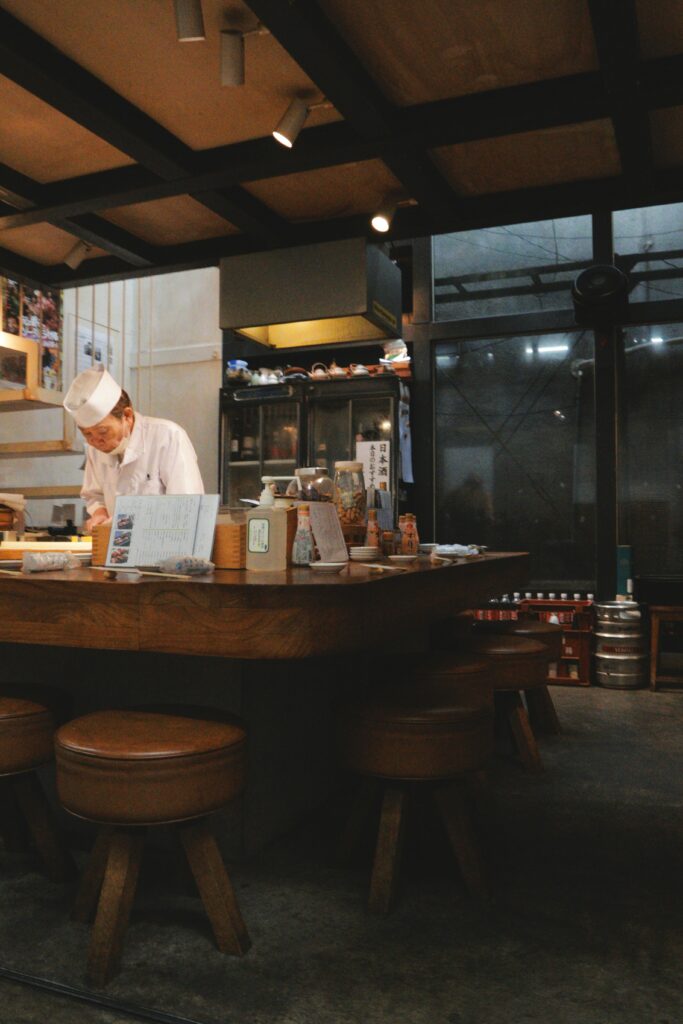
- Meaning: Please / I request
- How to use it: Use this when you’re making a request. For instance, when ordering at a restaurant (“Kore, onegai shimasu” – “This, please”), telling a taxi driver your destination (“[Place name] made onegai shimasu” – “To [place name], please”), or asking for a bag at a shop. This phrase conveys politeness and can be used in an incredibly wide range of situations.
5. Oishii (おいしい)
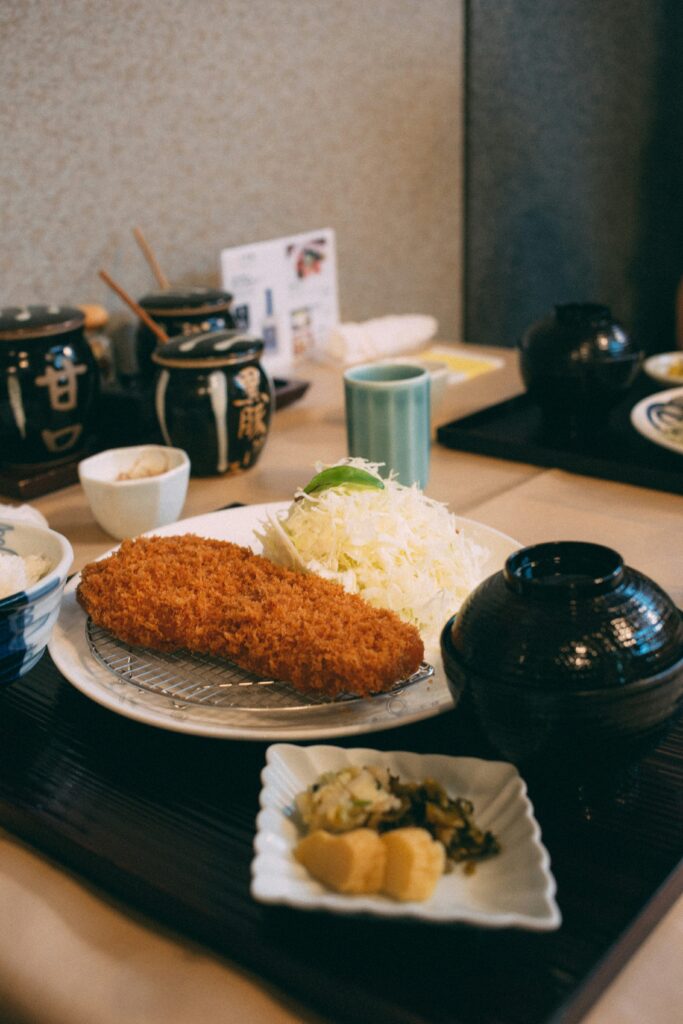
- Meaning: Delicious
- How to use it: Use this phrase after a meal to let someone know the food was tasty. Especially when you’ve finished eating at a restaurant, saying “Oishikatta desu!” (It was delicious!) in Japanese will make the staff very happy!
More Must-Know Phrases!
6. Hai / Iie (はい / いいえ)
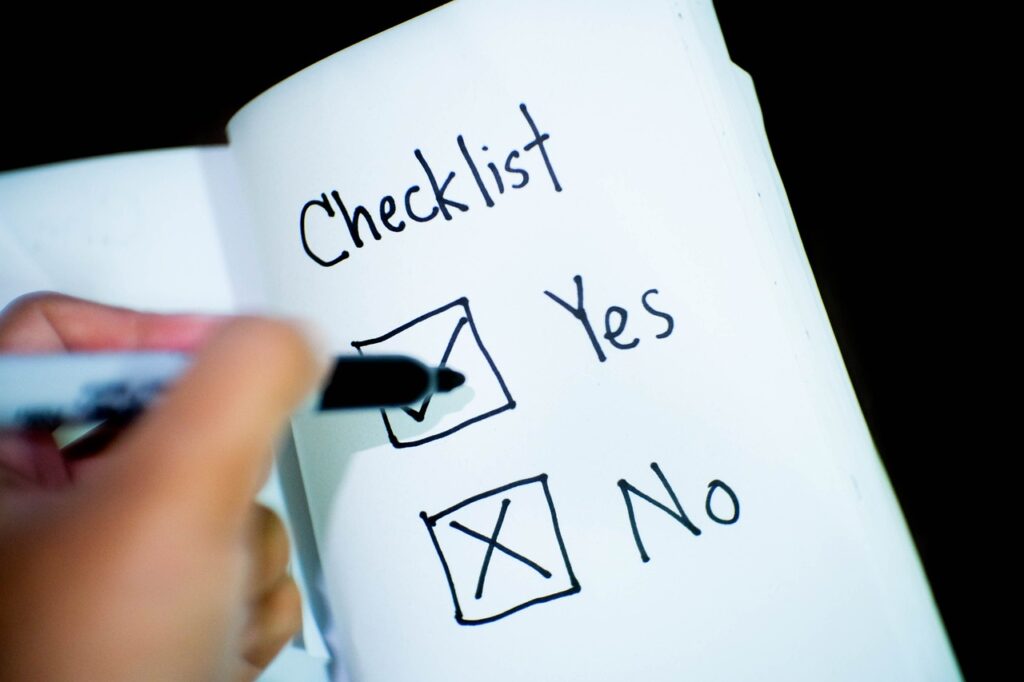
- Meaning: Yes / No
- How to use it: These are the most basic affirmative and negative responses. Use them for simple answers to questions or for confirmation. However, “Iie” can sound a bit direct or strong in Japanese. If you want to decline politely, phrases like “Daijoubu desu (大丈夫です)” (It’s alright / No problem / I’m fine, thank you) are more polite and useful.
7. 〇〇 wa doko desu ka? (〇〇はどこですか?)

- Meaning: Where is 〇〇?
- How to use it: This is extremely useful when you’re lost or looking for a specific place. For example, you can say “Eki wa doko desu ka?” (Where is the station?) or “Toire wa doko desu ka?” (Where is the restroom?). Pointing or showing a map while asking will make it even clearer.
8. Eigo o hanasemasu ka? (英語を話せますか?)
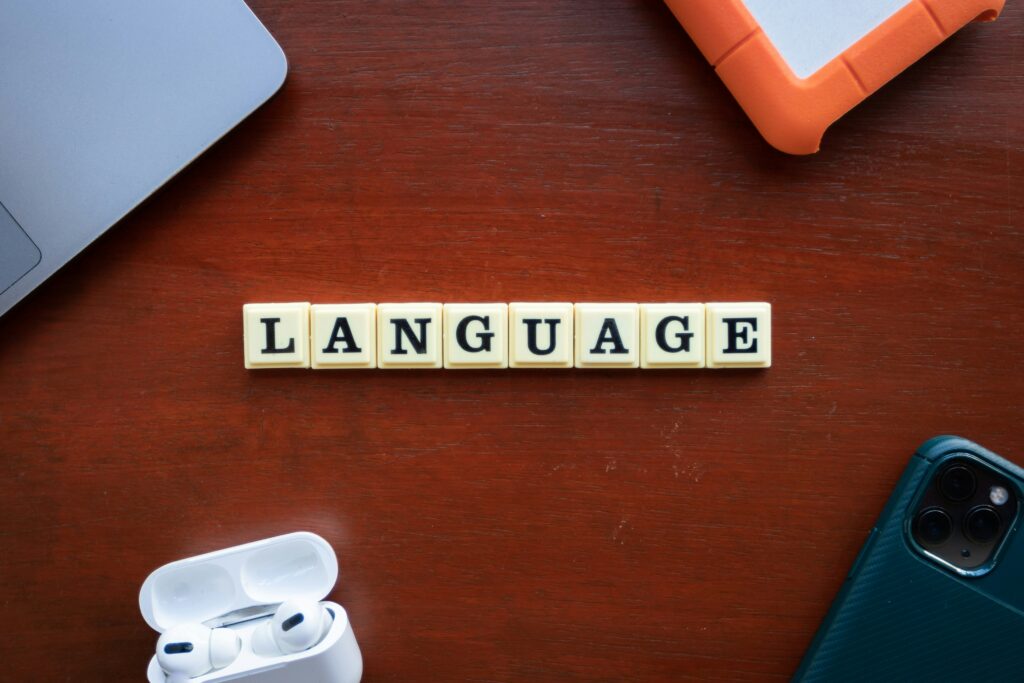
- Meaning: Do you speak English?
- How to use it: While many people in Japan, especially in major cities, can speak English fluently, many cannot. When you’re in a bind, asking this first can help you figure out if communication will be smooth. If necessary, don’t force verbal communication; instead, try using a translation app and showing your smartphone screen to solve the problem.
9. 〇〇 o kudasai (〇〇をください)
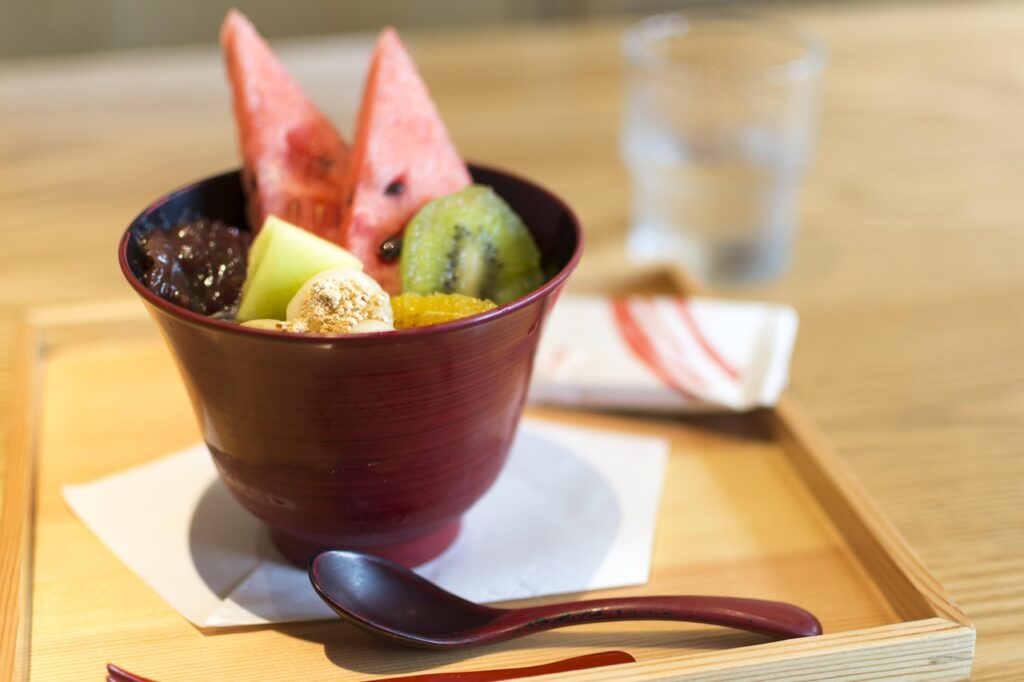
- Meaning: Please give me 〇〇 / I’d like 〇〇
- How to use it: Use this phrase when ordering something at a shop or purchasing an item. For example, to order coffee, say “Koohii o kudasai” (Coffee, please), or for water, say “Mizu o kudasai” (Water, please). Combining it with pointing makes it even easier.
10. Mata ne (またね)

- Meaning: See you later / Goodbye (casual)
- How to use it: This is a friendly phrase to use when parting ways. It leaves a good impression when used with shop staff you’ve befriended, tour guides, or anyone you might see again. While “Sayounara (さようなら)” is more formal, “Mata ne” has a warmer feel to it.
Do try using these phrases on your trip to Japan! They’re sure to help you have wonderful interactions with the locals. We hope you have a comfortable and memorable journey in Japan!

